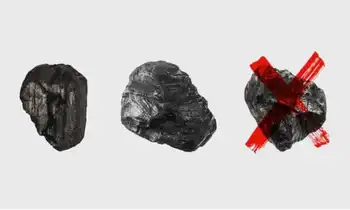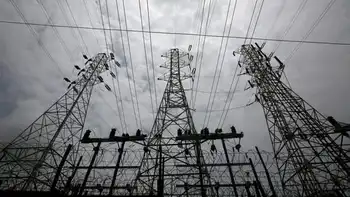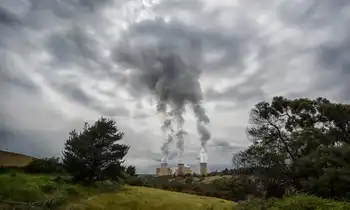BRUSSELS - - Power sector says EU needs 600 new power plants
BRUSSELS - The European Union must build 600 new power stations by 2030 to replace ageing plants and keep up with demand, but the private sector needs more incentives to make the investments, sector body Eurelectric said recently.
Energy liberalisation has pushed wholesale prices below levels that would give firms building new generation capacity a return on their investment, a problem which needs to be addressed by regulatory authorities, the lobby group said.
"We have to show a profit and if we don't get the right incentives we will not invest," said Hans Haider, Eurelectric president and chairman of Austrian utility Verbund.
Haider cited recent estimates from the International Energy Agency that about 290 gigawatts of ageing generating capacity would need to be replaced over the next 30 years and a similar amount of new capacity constructed to meet demand. This would mean 600 new power plants would need to be built, "a tremendous challenge for industry".
The cost, he said, would be between 500 billion and 700 billion euros ($584.1-$817.7 billion) for the power plants, plus 150 billion for transmission and 500 billion for distribution.
Haider said policy makers needed to create an "investment friendly climate" to persuade what are now mostly private, profit-driven utilities to get the work done. The main obstacle he highlighted was the fact that EU competition authorities would not let generating firms sign long-term contracts -- of more than 10 years -- with distribution companies or traders.
SHORTFALL With wholesale prices around 30 euros per megawatt hour (MWh), investors face a shortfall of almost 20 percent as they require a return of around 35 euros per MWh, Haider said.
"I do not think the right way would be subsidies. The right way for an investment friendly climate would be to allow long-term contracts," he added.
Eurelectric, which represents Europe's main electricity generators, does not believe that demand is likely to fall due to improved energy efficiency and cited 1.5 percent as the likely annual increase in EU demand. Green groups, which have successfully campaigned for nuclear phase-outs in many EU countries, including Germany and Italy, say energy policy should be based on demand side management such as ensuring less energy is wasted, and promoting renewables.
Haider said the development of renewables like wind and biomass was insufficient to offset the need for new conventional and nuclear plants. Haider applauded the Italian government's decision, taken in the wake of a nationwide power cut in September, to launch a new programme of generating capacity, a policy which has been attacked by environmentalists.
Related News

Some in Tennessee could be without power for weeks after strong storms hit
NASHVILLE - Some middle Tennessee residents could be without electricity for up to two weeks after strong thunderstorms swept through the area Sunday, knocking out power for more than 100,000 customers.
"Straight line winds as high as 60-80 miles per hour knocked down trees, power lines and power polls, interrupting power to 130,000 of our 400,000+ customers," Nashville Electric said in a statement Monday. The utility said the outage was one of the largest on record.
"Restoration times will depend on individual circumstances. In some cases, power could be out for a week or two" as challenges related to coronavirus complicated crews'…




